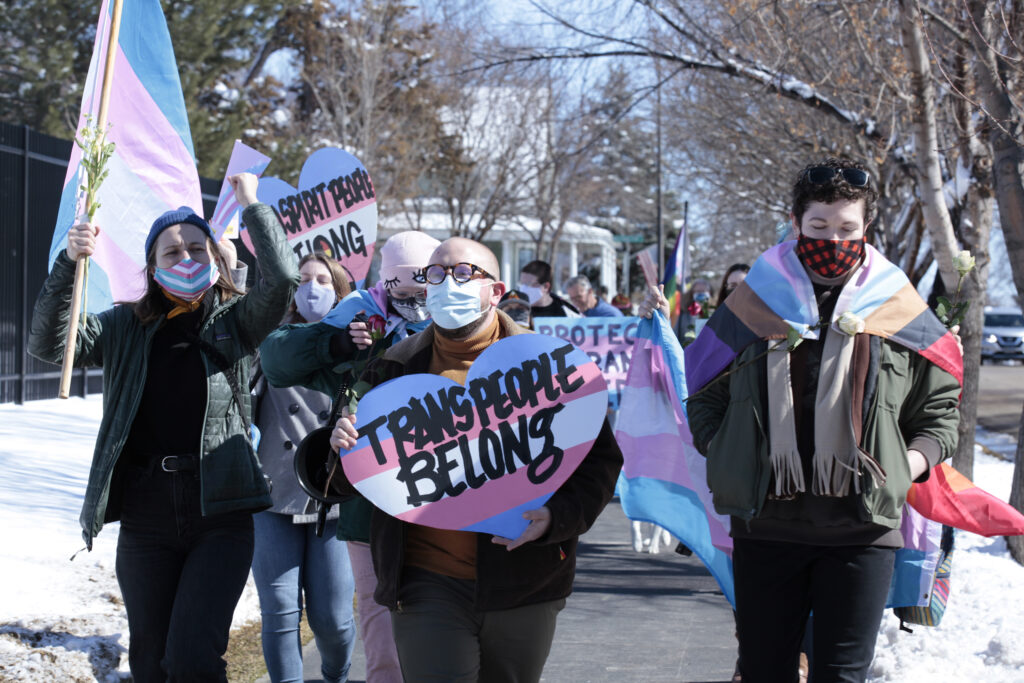Arkansas
What’s next for South Dakota after ruling on Arkansas’ gender-affirming care ban?

South Dakota’s ban on gender-affirming care for transgender youth is scheduled to go into effect on July 1.
But opponents are looking into what the future holds for the policy after a similar law in Arkansas suffered a legal defeat. This week, a federal judge issued a permanent injunction against the Arkansas law, the first state to ban such care. Earlier this year, South Dakota joined other conservative-led states in adopting their own bans.
Samantha Chapman, advocacy manager for the ACLU of South Dakota, said the court’s decision is significant.
“This is officially setting a precedent for laws that have passed across the country,” Chapman contended. “Similar to the one here in South Dakota.”
Chapman pointed out many of the laws have similar language, due to the coordination of special-interest groups pushing Republican lawmakers to pass them. Opponents of gender-affirming care contend it is too risky for minors, arguing they might regret the decision. But several key medical groups say the care is essential.
The judge said Arkansas’ ban violated the constitutional rights of transgender youth, and noted lawmakers who pushed for the passage of Arkansas’ law relied on testimony “grounded in ideology and not science.” Chapman feels the same can be said for what happened in South Dakota.
“Constituents should be asking their lawmakers why they passed this reckless and costly legislation,” Chapman stressed.
She warned the legal bills for Arkansas have piled up since the state has been defending the law in court, noting the same could happen for South Dakota if a lawsuit is filed. The regional ACLU is still reviewing the decision, and said it cannot assess any potential action yet in South Dakota. Meanwhile, Arkansas officials say they plan to file an appeal.
